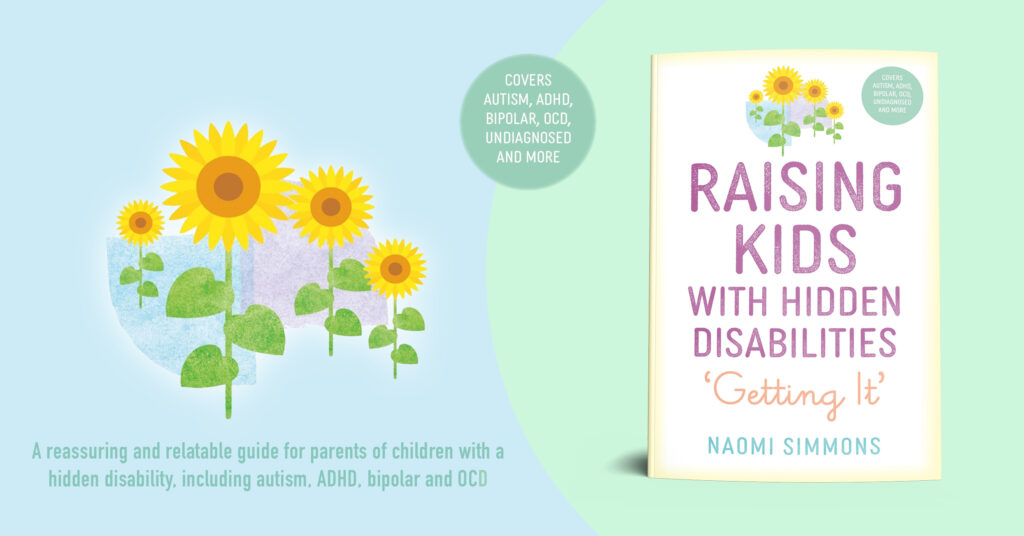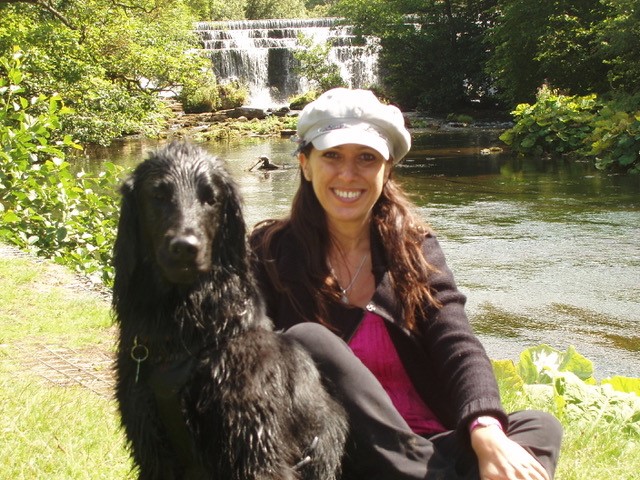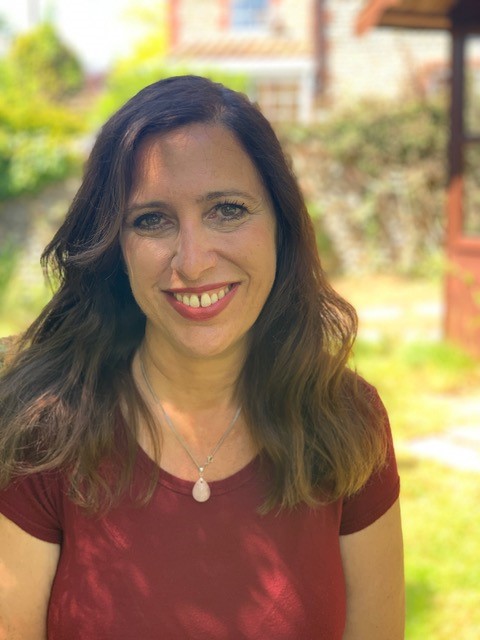Raising Kids with Hidden Disabilities
Naomi Simmons was born in London and is a well-known children’s educational author. She was named by The Times as one of the top ten authors of the decade. None of this prepared her for the challenges of parenting children with a range of hidden disabilities including autism, ADHD and dyslexia. This took her life and writing into a new direction…

Q: What brought you to Jessica Kingsley Publishers?
Life blessed me with children with additional needs, needs that I found very hard to understand. I found it even harder to know how to respond to these needs as a parent.
Some of the books published by JKP were lifesavers for me during this time. But I wasn’t able to find exactly what I was looking for and felt that I really needed. How do I parent when conventional parenting approaches seem to make things worse?
Q: What was it you felt you needed?
Hope! I was full of self-doubt and self-blame. I had no idea how to deal with the day-to-day challenges of meltdowns, shutdowns, school anxiety – to name but a few. I felt like a failure. I also needed help with dealing with schools and other organisations that didn’t seem to understand my children’s needs. I needed an approach to all this that made sense to my family’s experience and mainly I needed hope that things would work out OK for my kids and for me.
On one of the darkest of days, I made a promise to myself. That if we were to find a way through this and end up with thriving kids, I would do everything I could to share any wisdom with other parents. If I was able to find hope, I wanted others to have it too.

Q: Did you find this hope?
Yes, absolutely! I started communicating with people who had walked this path personally and were able to speak from their own experience. So I spoke to inspiring young adults with diagnoses like those of my children about what had best supported them during childhood. I also found some lovely parents who had successfully parented kids like mine and had productive ideas to share.
Q: How did this help?
By hearing what had helped others I was able to figure out a new approach to parenting my own children. Thanks to these wonderful people and their openness to share, many things transformed pretty quickly in my home.
So I wrote the book I needed to read when I was going through this. This brought me to JKP as no-one understands neurodivergence better!
I was also privileged to have the ongoing support and consultancy of a number of clinicians who made sure that my ideas were complementary to any professional intervention our child may be receiving.
Q: And for your children?
It may give hope to others to know that my severely dyslexic son, who was not allowed to do SATS by his school due to apparent ‘low ability,’ graduated last year with first class honours from the University of Edinburgh. My other child’s anxiety was so severe that any engagement with life or education was very limited. This one is currently doing a postgraduate degree in Philosophy and Mathematics. My children are independent, recognise their challenges, and work with their strengths.
If anyone had suggested this outcome to me when they were children, I would have thought they were joking!
Q: What hidden disabilities does it include and why are they all together in one book?
I put it all together in one book as children rarely fit neatly into one diagnostic ‘box.’ It is reported that 95% of children on the autism spectrum also have at least four other additional hidden disabilities. Diagnoses also can change over time as our child grows up. For this reason, I wanted to find an approach that supports our children regardless of diagnosis as well as for when there is no diagnosis at all.
Q: Can you sum up the book’s main message?
Parenting kids with hidden disabilities is all about code breaking – most communication is nonverbal and we need to learn what specific behaviours may be saying to us. When we are able to ‘get’ our kids, the best road forward is usually pretty clear. This book shows you how.
The other main thing is learning that gifts and challenges are two sides of the same coin. For our children’s gifts to shine, we need to fully recognise their needs and do what we can to address them.

Q: Why did you call it ‘Getting It’?
Because when speaking to other parents, I would constantly hear, ‘They just don’t get it’ about schools and other people in relation to their parenting situation.
So firstly, we need to make sure we ‘get it’, which basically means we take our focus to understanding and ‘getting’ our child. We also need to ‘get’ ourselves and our own needs and gifts. For many of us this includes our own neurodivergence which can affect our parenting. It certainly did for me.
Q: What do you hope to achieve from this book?
At the time I stated that if this book helped change the life of only just one parent or child, then I would feel it was worthwhile. I am aware from feedback that this has already been achieved many times over. Now my hope is that it reaches the right people at the right time and helps others as much as it helped me.
Q: Are you prepared to do talks to groups on this subject?
Absolutely! I am passionate about this subject and very happy to share what I have learned as well as learn more from parents and professionals.
Q: Any final words?
Yes, just that hope is really about trusting that life will unfold for our child in a way that serves them and gives meaning to their lives. Whatever challenge we are going through right now will pass!
Raising Kids with Hidden Disabilities by Naomi Simmons is available to order.
If you liked this article, why not join our mailing list to receive exclusive content and discounts? Sign up to the mailing list here.